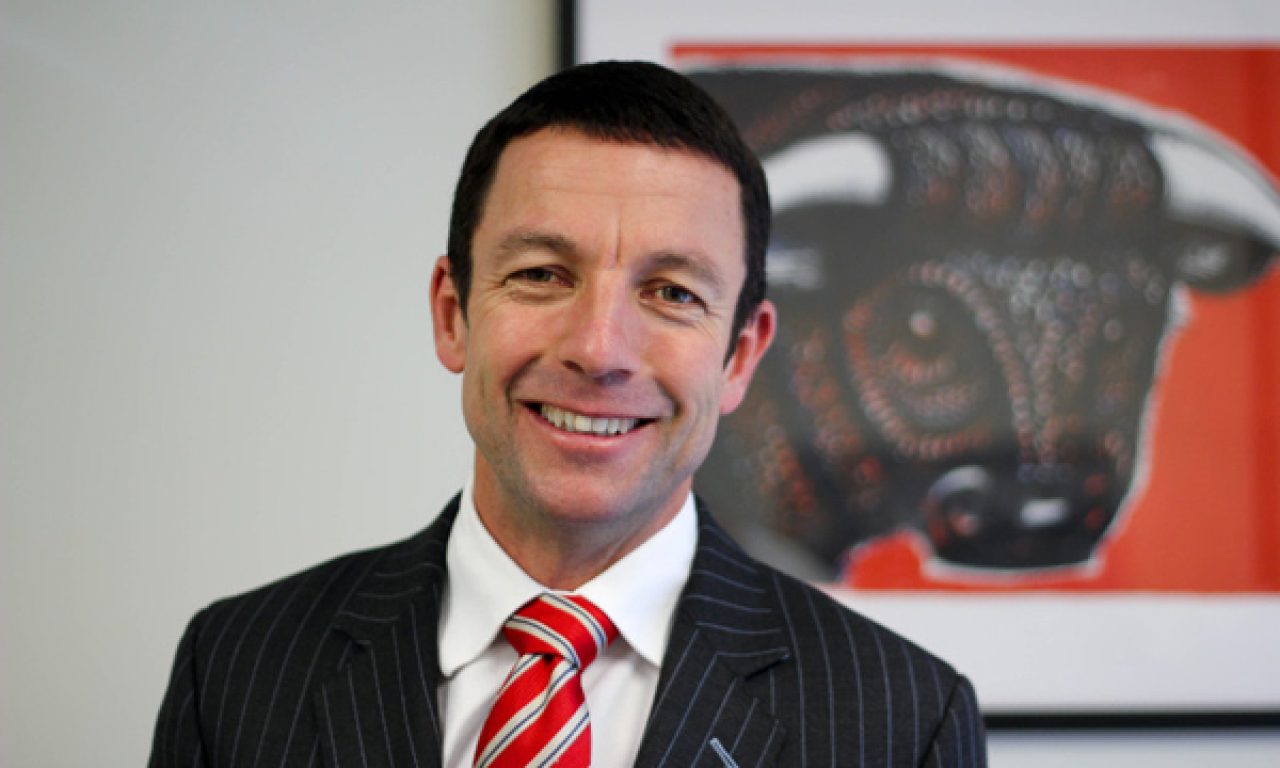Australian fund managers have historically viewed New Zealand as an easy-sell; just another state to be serviced by fly-in, fly-out (FIFO) BDMs. But the Kiwis can be a prickly lot.
They frequently prefer to deal with offshore managers who commit some boots on the ground or at least those that attempt to meet the locals halfway.
“Australian fund managers often come to New Zealand expecting to see more of the same – just with a funny accent,” Anthony Edmonds, the founder of Implemented Investment Solutions (IIS), says. “They’re often surprised to discover that the investment landscape over here is about as different as our real landscapes; it’s like they come expecting Alice Springs only to discover Queenstown.”
Edmonds, who launched the Wellington-based IIS fund-hosting business in 2011, says New Zealand differs from Australia in a number of important ways including investor tax settings, distribution models and product demand.
He says fund tax structure is probably the single-biggest point-of-difference in New Zealand that offshore managers struggle with.
In 2007, the-then Labour government introduced a new tax regime for managed funds to coincide with the launch of KiwiSaver – New Zealand’s quasi-compulsory superannuation savings scheme.
Under the portfolio investment entity (PIE) rules, managed fund investors are taxed individually at their respective rates (which mostly match marginal tax rates). Pre-PIE, managed funds were taxed at the highest rate (33 per cent), creating a disincentive relative to direct investments.
“The PIE regime sparked a renaissance for the New Zealand managed funds industry,” Edmonds says. “It also created a dilemma for offshore managers looking to crack the market here.”
He says PIE funds must be issued by a New Zealand-based and licensed entity, which can be an expensive and time-consuming process.
“Barring some of the big Australian financial institutions with existing offices over here, no offshore fund manager has been licensed in New Zealand,” Edmonds says.
While it’s true managers can offer Australian unit trusts (AUTs) in New Zealand under the trans-Tasman mutual recognition regime, he says many Kiwi investors across the spectrum (ranging from institutional to wholesale and retail) want a PIE option to access global and local assets.
“Given they are generally tax-effective for New Zealand investors, PIE funds have been in huge demand,” Edmonds says.
That high PIE demand has also buoyed IIS, which pioneered the fund-hosting model in New Zealand. Since signing on first client Russell Investments in 2011, IIS has attracted several Australian-based managers to its fund-hosting hub including First State Investments APN Property and Antipodes as well as Legg Mason’s Brandywine Global.
The group also offers the Hunter global fixed income fund, a New Zealand-based firm (headed by the well-known Tony Hildyard) that outsources investment management to PIMCO.
“We’re getting many queries from Australian managers, in particular, about launching in New Zealand, and we’re always open to more,” Edmonds says. “Australian managers usually get the fund-hosting approach as they’re used to operating under the responsible entity [RE] rules. And IIS is pretty much the only RE in town.”
New Zealand is an increasingly attractive investment destination for global managers, he says, with the mandated growth in KiwiSaver (now over NZ$50 billion) and burgeoning charitable trust and wholesale advisory markets spurring demand across the board.
IIS also tapped into the direct market with the launch of fund platform, InvestNow, in 2016. InvestNow has grown to almost NZ$300 million under management across a product list featuring about 100 funds from 16 providers.
“InvestNow provides a complementary distribution channel for the IIS fund-hosting clients,” Edmonds says. “But we also offer funds, including Australian unit trusts, from a range of other managers.
“There’s demand from investors, too, for more managers to join the platform such as Magellan, Platinum and Dimensional who are already well-known over here.”
As IIS takes off, he says the fund-hosting and direct-to-market platforms give Australian FIFO BDMs a more efficient way to land Kiwi clients in the fast-growing investment environment.

